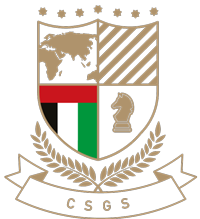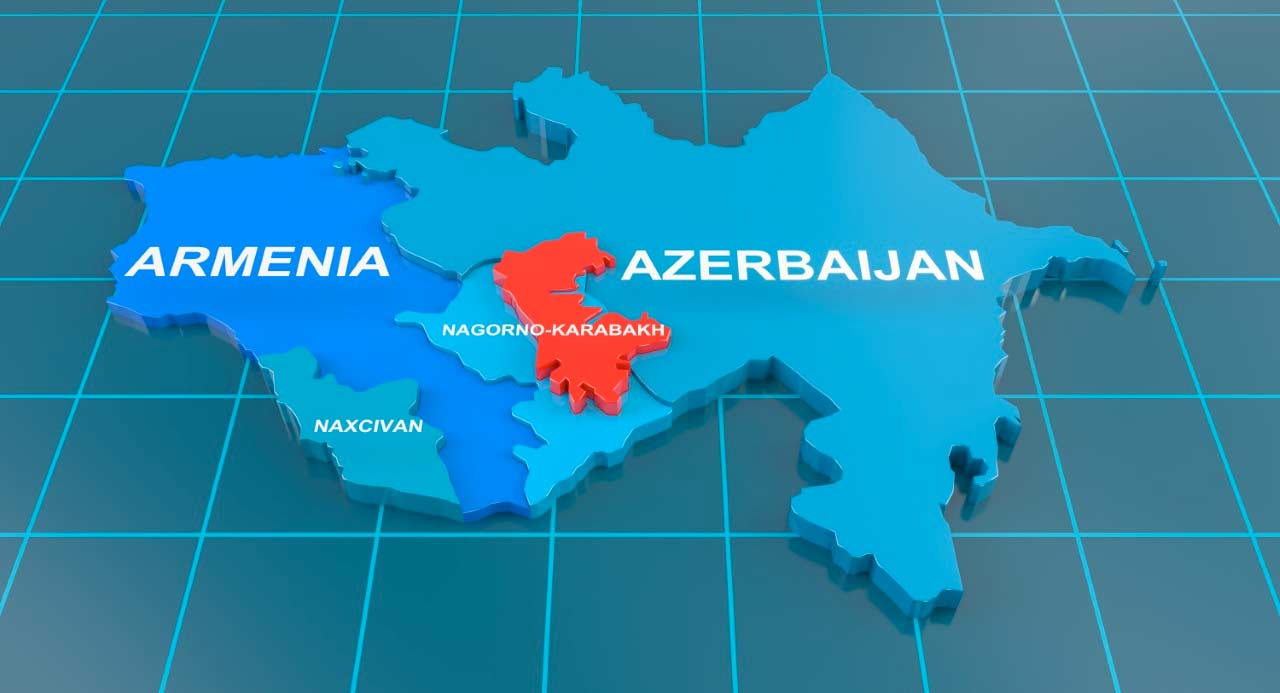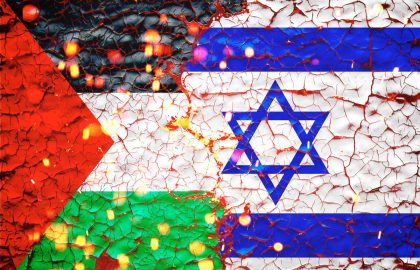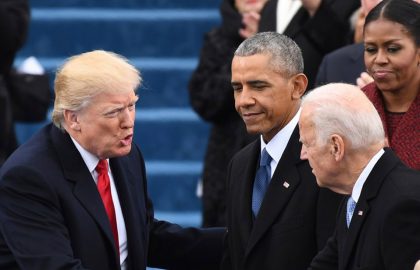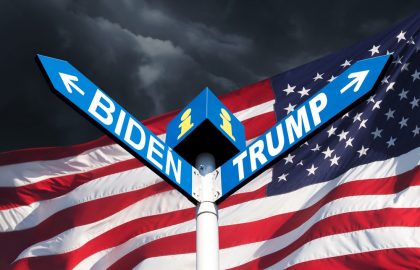By Dr. Mohamed Badine El Yattioui, Visiting Professor, CSGS
Summary
The article aims to explain the historical causes that would allow a better understanding of the crisis that the Nagorno-Karabakh region is undergoing crisis with both direct and important geopolitical consequences due to the role played by regional and global powers.
Starting in the 18th century, the problem of expropriation of land from Armenians for the benefit of Muslim immigrants, the so-called “Muhajirs”, arose in the region. Both Armenian Christians and Turkish-speaking Azeri Muslims traditionally populated Nagorno-Karabakh. It should be noted that their respective demographic weight continues to be a controversial point.
Beginning in 1805, the Tsarist Empire united the region with the province of Baku. The independence of the territory was proclaimed on August 5, 1918, at the IV Congress of the Armenians of the Karabakh (Armenia will use it as a historical precedent after the disintegration of the USSR). In 1921, the Caucasian office of the Central Committee of the Bolshevik Party (Kavburo), led by Stalin, decided to unite Nagorno-Karabakh to the Azerbaijani Soviet Republic and not to Armenia. During the Soviet period, the enclave enjoyed the status of an Autonomous Oblast (region) of Nagorno-Karabakh (OAHK) within the Azerbaijan Soviet Republic, although it remained an empty shell. In 1969, the leaders of the Armenian Soviet Republic went to Moscow to request, without success, their integration into their territory. The consequence was that many Armenians were expelled from the Karabakh Communist Party in 1975 accused of “nationalist agitation.”
Between 1988 and 1991, almost all of the 352,000 Armenians living in Azerbaijan and the 160,000 Azerbaijanis living in Armenia were simultaneously forced to emigrate. This was an opportunity for Armenians to question Baku’s sovereignty over Nagorno-Karabakh. For the Azeris, it was an act of deliberate aggression designed to recreate the historic “Greater Armenia”.
Armenian elites in the region are advancing toward independence after the Cold War. Today the Armenian parties in Nagorno-Karabakh want independence, except for a small party, Mer Tun Hayastan (“Armenia, our home”) that still wants unification with Armenia. Baku still considers this area, even populated by a majority of Armenians, to be an integral part of its territory.
The consequence of this complex history is that Armenia and Azerbaijan have been in conflict for more than thirty years. Between 1988 and 1990, demonstrations demanding the independence of Nagorno-Karabakh sparked clashes. In 1991, the conflict broke out and a ceasefire was not agreed upon until 1994. The Minsk Group (whose three co-chairs are the United States, Russia, and France) aimed to bring them closer through diplomatic channels and summits between the presidents from both countries. In 2009, this group defended the “Madrid principles” (Non-Use of Force, Territorial Integrity, and Equal Rights and Self-determination of Peoples) as a basis for negotiation.
That does not allow avoiding the conflict of 2020. A new important actor stepped into the conflict. Very important cultural, economic, and military ties explain Turkey’s strong support for Azerbaijan. Moreover, because of the more than tense relations between Ankara and Yerevan. However, a Turkish military intervention is not on the agenda. If Erdogan is accused by France of having sent Syrian militias to Nagorno-Karabakh, he denies it and so does President Aliyev. NATO asks Turkey to use its influence to calm things down.
Finally, Azerbaijan and Armenia signed on November 9, 2020, under the auspices of Russia, an agreement to end hostilities. It reminds us of the importance of Moscow. To ensure compliance with this agreement, Russia began deploying some 2,000 troops as soon as the ceasefire went into effect. Neither Washington nor Paris was decisive this time. The Minsk Group is not even mentioned in the deal, leaving Russia alone at the centre of the game. For the first time since the end of the Cold War, Russian troops are present in the three countries of the South Caucasus: Georgia, Armenia, and Azerbaijan. It seems that we are entering a new geopolitical phase in that part of the world.
